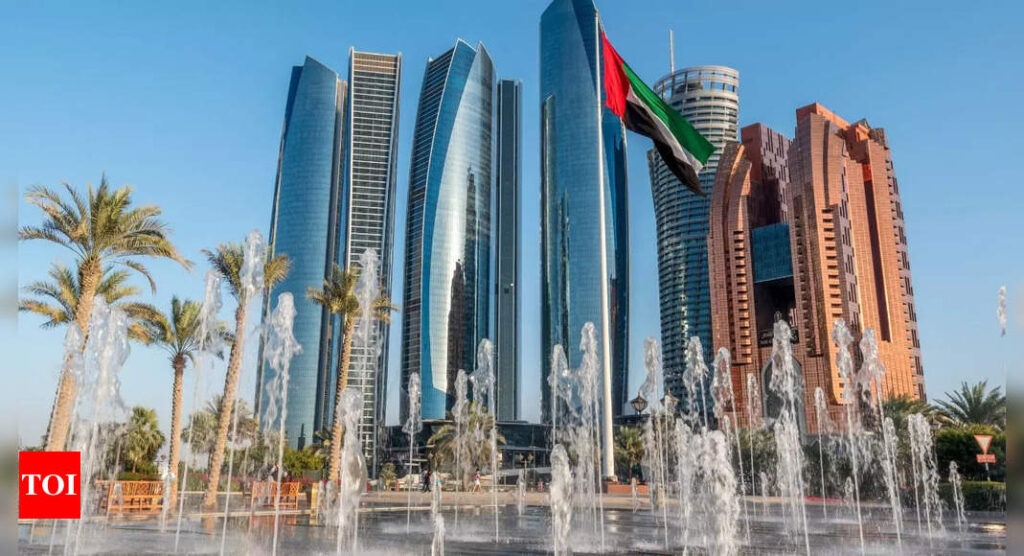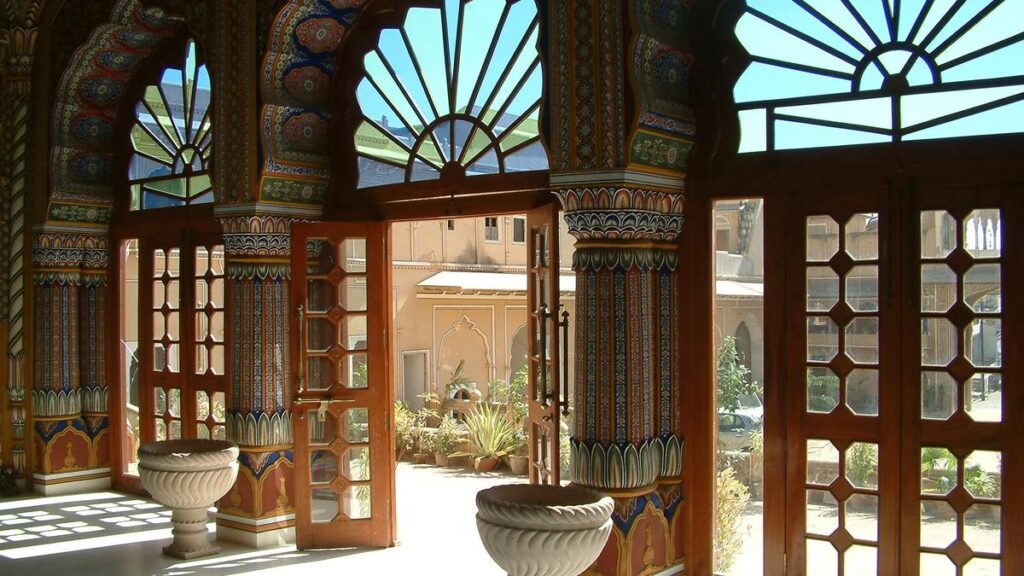As of October 2024, Global SWF has crowned Abu Dhabi with the title of world’s richest country, in terms of its sovereign wealth funds. The country is estimated to boast a staggering $1.7 trillion in capital, followed closely by Oslo(home of the world’s largest SWF, NBIM), Beijing, Singapore, Riyadh and Hong Kong. Collectively, these six cities account for two-thirds of the capital managed by sovereign wealth funds worldwide, totaling $12.5 trillion as of October 1, 2024.
This total encompasses the assets managed by Abu Dhabi Investment Authority(AIDA), Mubadala, Abu Dhabi Investment Council(ADIC), Abu Dhabi Developmental Holding Company(ADQ), Lunate, Abu Dhabi Fund for Development(ADFD), Tawazun, and Emirates Investment Authority(EIA). The city is ranked first not only in financial capital but also wins in human capital, employing 3,107 staff across its SWFs.
Sovereign wealth fund, is a government-owned investment pool created from surplus reserves, often accumulated through government-generated revenue. These funds contribute to the nation’s economy and benefit its citizens.
The city has seen an exponential growth in the past few decades with an impressive portfolio of institutional investors, which are one of the largest and most active dealmakers. Apart from sovereign wealth funds (SWFs), the emirate also hosts various other types of asset owners. These include Central Banks (CBs), which manage a nation’s currency and monetary reserves, Public Pension Funds (PPFs) that secure retirement benefits for citizens, and Royal Private Offices (RPOs), which are family offices tied to members of the royal family for managing their wealth. This puts Abu Dhabi’s public capital at US$ 2.3 trillion, currently.
Oil was discovered in Abu Dhabi in the 1950s, and the city has since become a major oil producer, contributing heavily to the city’s economic position in the global world. Today, Abu Dhabi is one of the world’s top energy producers, and owns 95% of the UAE’s oil and 92% of its gas. Its title the ‘Capital of Capitals’ seems well deserved when we look at the growth curve of the city. ADIA was established shortly after the city started trading oil, and as it transformed itself into a global player, players like Mubadala and ADIA were combined for the ease of investment.
Here are five interesting facts about Abu Dhabi:
- Land of the Gazelle: The name “Abu Dhabi” translates to “Father of the Gazelle,” showcasing the region’s historical association with these graceful animals.
- Oldest pearl in the world: The oldest pearl in the world, dating back over 8,000 years, was discovered in Abu Dhabi.
- Rich radition of falconry: Falconry is a deeply rooted tradition in Abu Dhabi, with the emirate being known for its skilled falconers and majestic birds of prey.
- First papal visit: Abu Dhabi was the site of the first papal visit to the Arabian Peninsula, when Pope Francis visited in 2019.
- Oil discovery: Oil was discovered in Abu Dhabi in the late 1950s, which significantly transformed the emirate’s economy and development.
Abu Dhabi has grown into the world’s richest city by managing $1.7 trillion through its sovereign wealth funds, thanks to its oil resources and smart investments. Besides its wealth, the city has a rich culture, including traditions like falconry and pearl diving. Abu Dhabi’s energy production and financial growth have made it a key player globally, securing its future for years to come.
Source Homevior.in




